This year, Saudi Arabia has openly opposed the US dollar.
What does this mean?
Will the dollar collapse?
Has the Chinese yuan won?
Let's look at what Saudi Arabia has done recently.
If you're not shocked, we are.
Unfortunately, many people still don't see clearly and say that you're always talking down the dollar.
Has the dollar collapsed?
Today, let's be clearer so you can understand.
First of all, no one is always talking down the dollar.
We are just stating the facts, but many people turn a blind eye to the facts that are happening.
Will the dollar collapse?
The answer is also very clear.
A strong dollar cannot collapse all at once, but the system is slowly disintegrating.
If you still don't believe it, you can look at the data trend of the dollar's international status since 2000.
I've mentioned it before and won't repeat it today.
You may ask how long this will take?
Just look at a series of performances by Saudi Arabia this year.
Why do we say we should look at Saudi Arabia's performance?
Because Saudi Arabia is the core role in the petrodollar system.
They know the details of the dollar and also know what kind of difficulties the dollar is facing.
Since Saudi Arabia dares to challenge the dollar, it proves that the trend of the dollar's decline is very clear.
Everyone knows that not long ago, Saudi Arabia cooperated with us and launched a series of new energy projects.
Perhaps after doing these things, they found that the Americans didn't react at all, and the courage of the Saudis became bigger.
Let's see what Saudi Arabia has done recently?
The first thing is that Saudi Arabia has officially stated its position on "petro-yuan".
Last week, Bandar Alkhorayef, the Minister of Industry and Mineral Resources of Saudi Arabia, led a delegation to visit Asia.
The last stop was Guangzhou and Hong Kong in China, aiming to seek more cooperation with Chinese companies in the fields of automobiles and automation.
It was this Minister of Industry and Mineral Resources who said in an interview on September 9 that Saudi Arabia is willing to "try new things" and is "open to new ideas", including the use of the Chinese yuan in cross-border crude oil settlement.
The Saudi side has also expressed similar meanings in the past, but it is the first time that government officials have made such a clear statement during their visits abroad, indicating that Saudi Arabia has made it clear on the issue of "petro-yuan".
This is a very serious matter, completely ignoring the feelings of the Americans.
Will the arrogant Americans start another crazy war to wake up the people of the world?
Regarding this matter, Standard & Poor's rating agency issued a report in August, warning the US government that the deepening of economic relations between China and Saudi Arabia will promote the use of the Chinese yuan in oil purchases.
This report pointed out that Chinese investment is helping Saudi Arabia achieve the "Vision 2030" goal, but the United States is absent in this very important strategy, which will provide more channels for bilateral settlement in the Chinese yuan, and the dollar will be squeezed out in fact.
The second thing is that after investing in Hengli Petrochemical in April, Saudi Aramco has recently increased its investment.
On September 11, Saudi Aramco announced that it had signed a framework agreement with Rongsheng Petrochemical, involving two acquisition matters.
One is Rongsheng Petrochemical's proposed acquisition of 50% of the equity of SASREF, a wholly-owned subsidiary of Saudi Aramco, and the other is the potential acquisition of up to 50% of the equity of Zhongjin Petrochemical, a wholly-owned subsidiary of Rongsheng Petrochemical, by Saudi Aramco.
This kind of mutual shareholding model is usually to strengthen the connection and cooperation between enterprises, forming a stable business partnership.
In the past two years, Saudi Aramco's strategic layout in China has obviously accelerated.
In April this year, Saudi Aramco acquired 10% of the shares of Hengli Petrochemical; in September 2023, Saudi Aramco acquired 10% of the shares of Sheng Hong Petrochemical, a wholly-owned subsidiary of Dongfang Sheng Hong; in March 2023, Saudi Aramco acquired 1.013 billion shares of Rongsheng Petrochemical.
What do the Saudis want to do?
Based on these pieces of information, we can clearly see that Saudi Arabia is fully cooperating with China in the four major fields of traditional energy, new energy, technology, and infrastructure.
It's not an exaggeration to say that they are crazy about binding Chinese assets.
What does this indicate?
This indicates that Saudi Arabia has already determined the future direction.
Once determined, they will not hesitate, because the faster the speed, the safer it is, and the Americans will not dare to take action easily.
The core focus here is the game between the Chinese yuan and the US dollar.
Recently, there is another piece of news.
Data released by the Society for Worldwide Interbank Financial Telecommunication (SWIFT) shows that the proportion of the Chinese yuan in the total trade volume worldwide has reached 6%, surpassing the euro's 5.83%, and has become the second largest circulating currency after the US dollar.
Note that this does not mean that the Chinese yuan has fully surpassed the euro, but it means that in the global trade volume, this indicates that China's trade scale has surpassed the euro zone.
This is not currency data, but real economic data.
The choice and action of Saudi Arabia, the proportion of the Chinese yuan trade settlement surpassing the euro, these two things together indicate that the Chinese yuan is supported by real economy and trade, and is the natural choice and actual demand for global economic development, not that the Chinese yuan wants to defeat anyone.
This reveals an important truth, that the Chinese yuan is not to subvert the US dollar, we just want to do global business well.
Therefore, the United States wants to defeat China, their real focus is to use all means to prevent us from doing business well.
This is the essence of the competition between China and the United States.
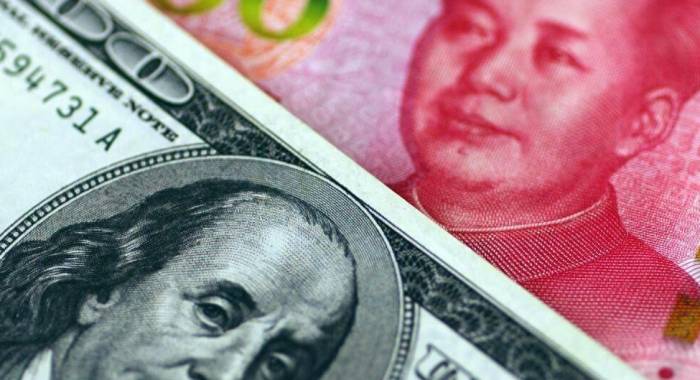

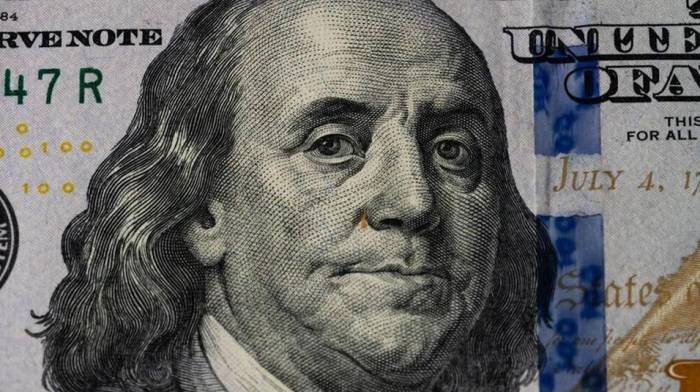
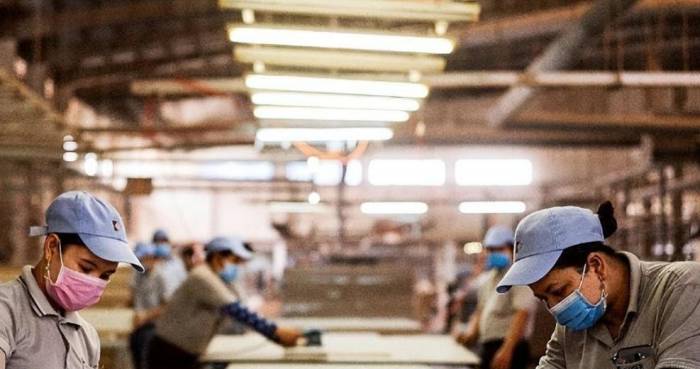
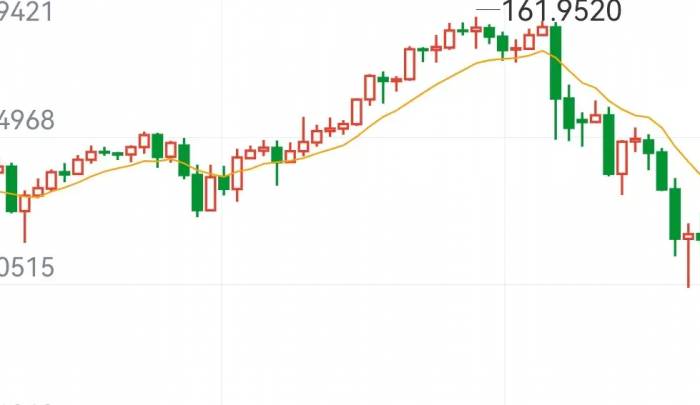

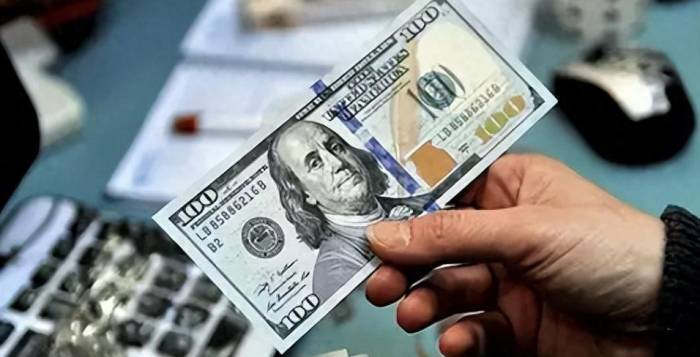
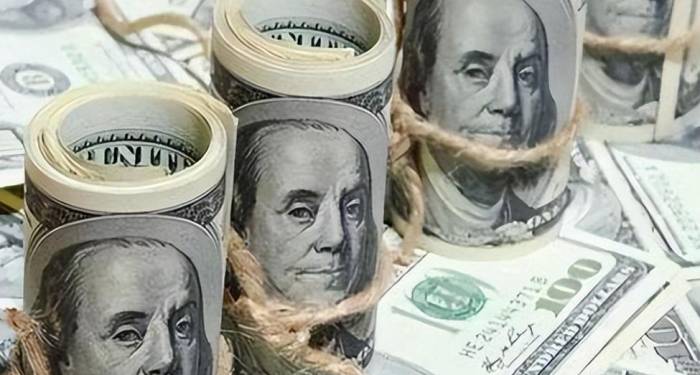
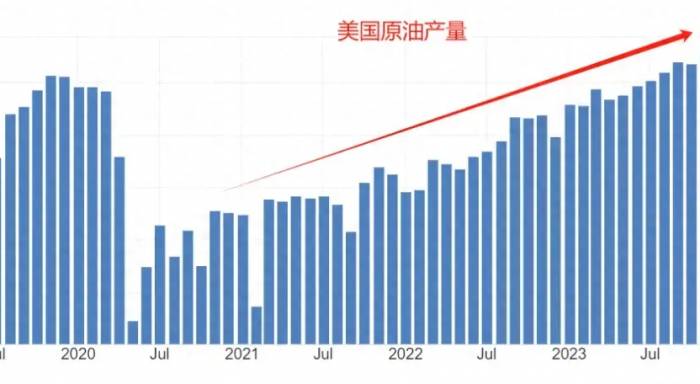
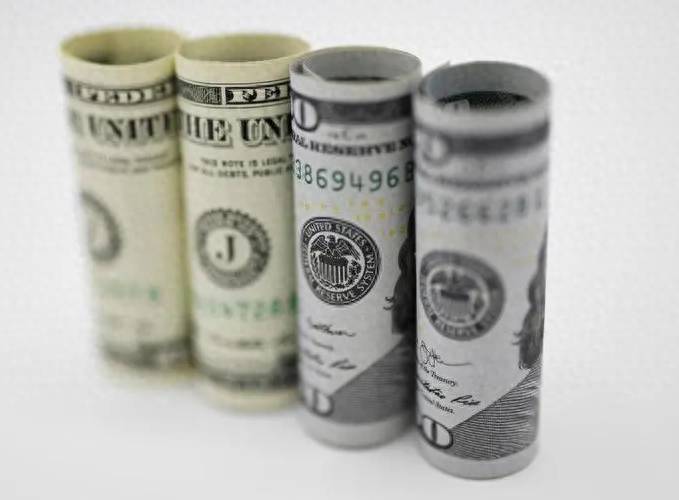

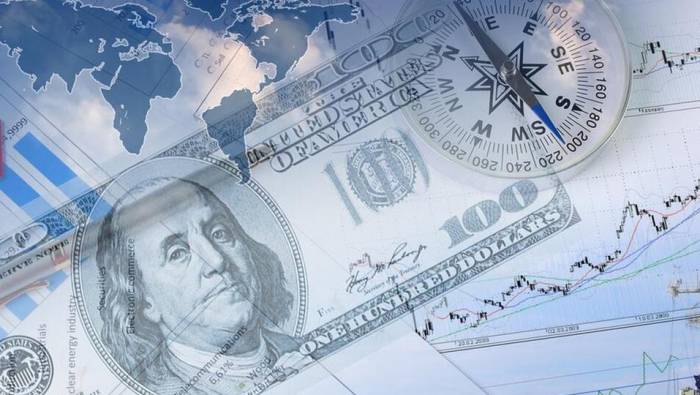
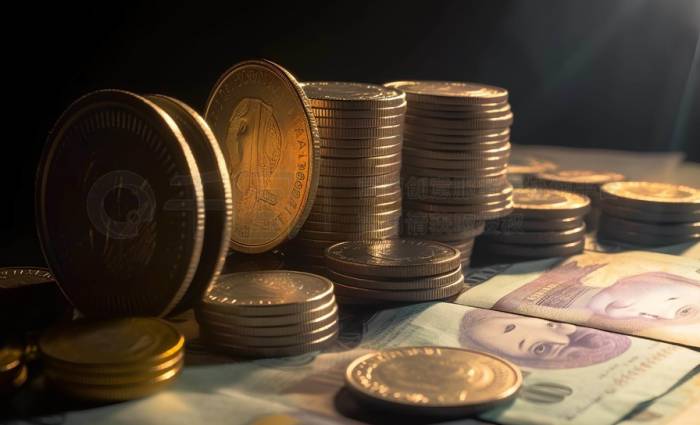

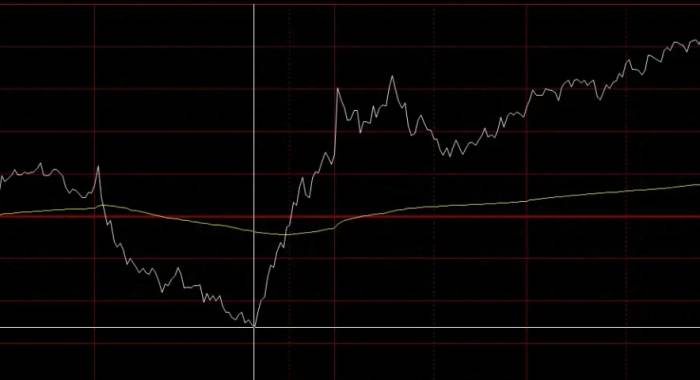

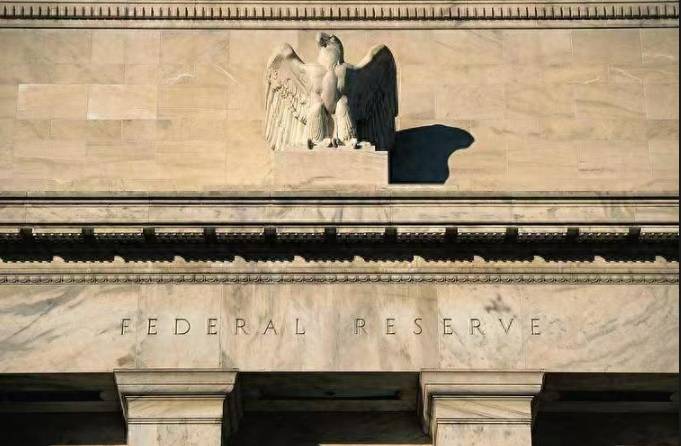


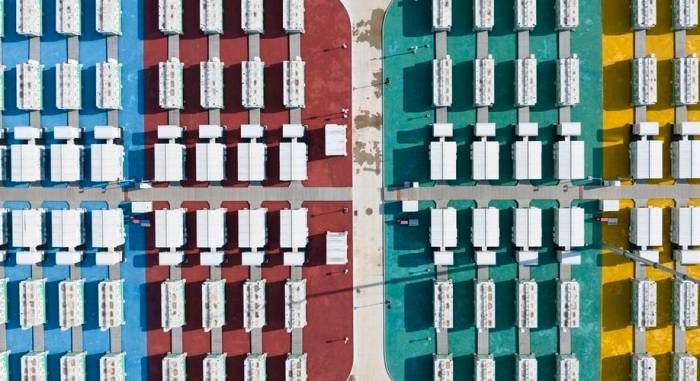

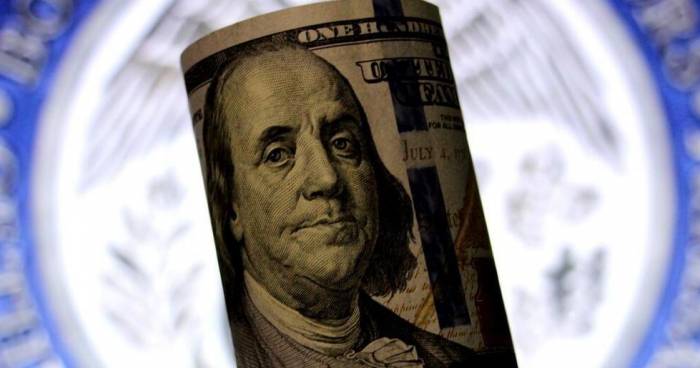
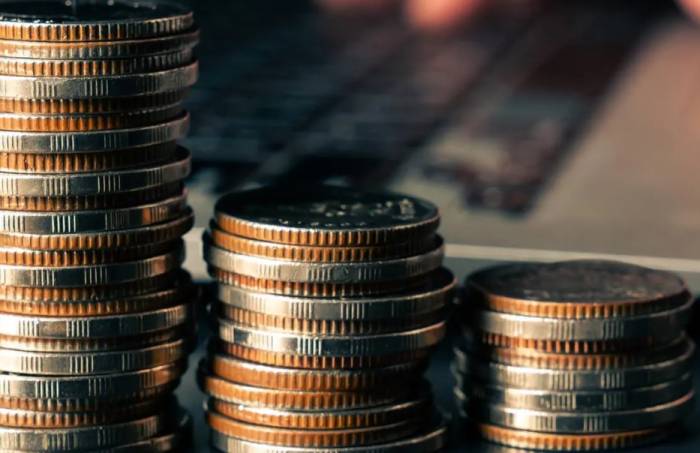
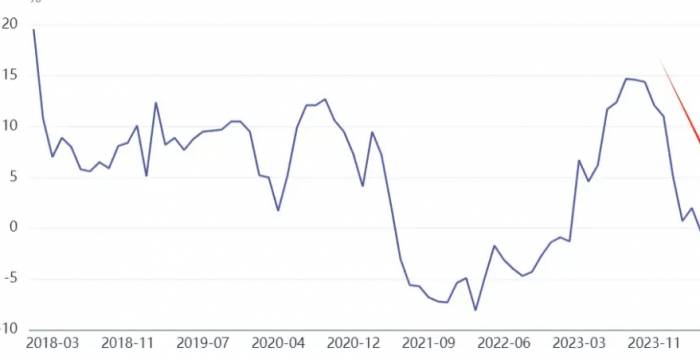
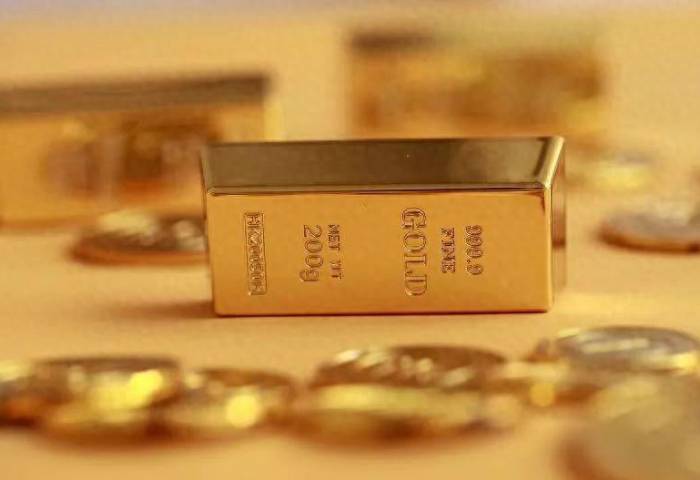
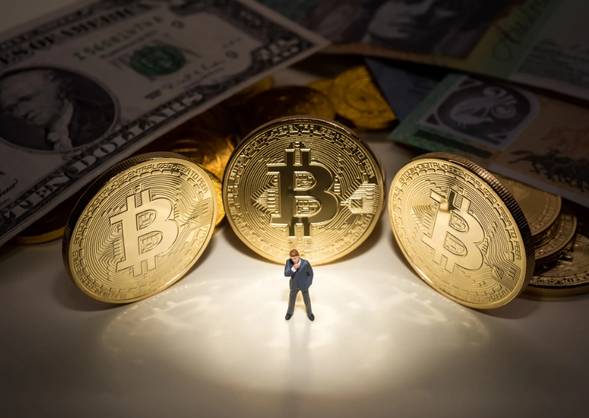




Leave a Comment